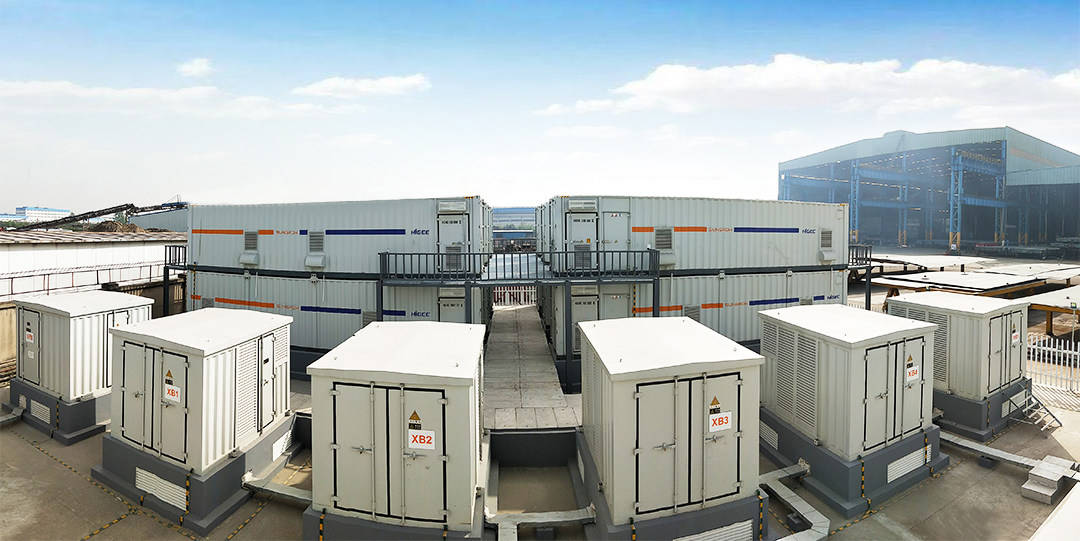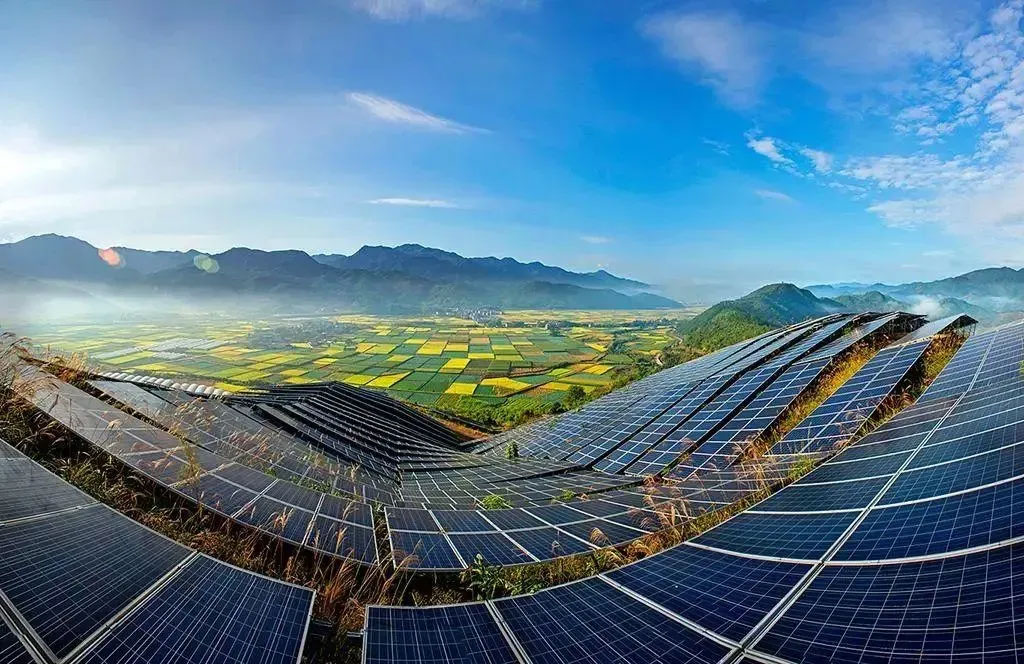Application of blockchain in petroleum

Blockchain is an emerging technology with many practical cases in oil and gas. For example, as the industry uses more sensor technology, blockchain can directly store transaction and accounting data on these devices, which can reduce processing time by connecting assets directly to service contracts. Blockchain can also optimize contracts by providing secure forms of collaboration.
The most eye-catching value proposition in the industry is the development of a private blockchain ecosystem that covers the entire transaction lifecycle. Make blockchain a mechanism for price discovery and trading. However, implementing this broader operating system approach will inevitably encounter practical challenges. At the same time, blockchain is still in its early development stage, and further research is needed on specific application scenarios in the petroleum and petrochemical industry, as well as further improvement in safety, standards, regulation, and other aspects. The general direction of blockchain applications is not wrong, but it is important to avoid blindly following the trend.

The future development of oil and gas field exploration and development will move towards intelligence, which puts forward higher requirements for the ability of computing equipment. The current common practice for the massive data generated from oil and gas field exploration and development is to send it back to the server, such as the data center, for processing. Compared to large computing devices on the server side, small computing devices on the production site on the demand side are not fully utilized, and massive data has to be transmitted from the demand side to the server side. Due to the wide distribution of oil and gas wells, this not only occupies network bandwidth, but also has high security.
The edge computing realized by blockchain can realize the local generation and local processing of oilfield data. Edge computing is a paradigm that uses the integrated platform of computing, storage and network to provide services nearby at the demand end of the data source. With edge computing, small equipment on the demand side can allocate corresponding computing tasks according to its capacity, so as to achieve the nearest processing of big data of oil and gas fields, and thus improve the timeliness, reliability and stability of big data analysis of oil and gas fields.
The trade of bulk commodities such as oil and natural gas involves a series of processes such as concluding transactions, signing contracts, commissioned commodity inspections, dynamic monitoring of ships, management of shipping agents, and customs declaration and inspection. The traditional model has drawbacks such as long processes, multiple nodes, long cycles, high risks, involving multiple entities, and occupying a large amount of funds. By relying on blockchain's smart contract technology, we can improve transaction efficiency and risk control level.

Smart contracts are a technology that can automatically negotiate, fulfill, and execute protocol terms in blockchain applications. After buyers and sellers in the crude oil market set transaction expectations, smart contracts can automatically match buying and selling, negotiate terms, verify performance, and execute terms, without the need for approval through the central organization of the trading venue. This eliminates the need for intermediaries, guarantees, notarization, and other processes, achieving "no middlemen making price differences", improving efficiency and greatly reducing costs.
From the current situation, global changes are rapid and unpredictable, and the future development of blockchain applications in the oil and gas industry will be full of more variables. Let's stay tuned together!
 中文
中文
 English
English




